Dam projects on world’s largest rivers threaten ecosystems, rural livelihoods

Advocates of huge hydroelectric dam projects on the Amazon, Congo, and Mekong river basins often overestimate economic benefits and underestimate far-reaching effects on biodiversity, according to a new article by scientists representing 30 academic, government, and conservation organizations in eight countries.
Coastal erosion needs our attention
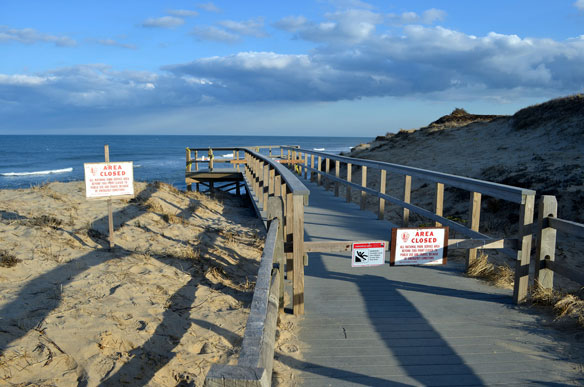
65 acres of Massachusetts coastline is carried away every year by raging storms and rising seas. That’s not a problem unless we build a house on the beach. Today, 40 percent of the commonwealth’s 1,500-mile shoreline is residentially occupied.
Normal weather drives salt marsh erosion
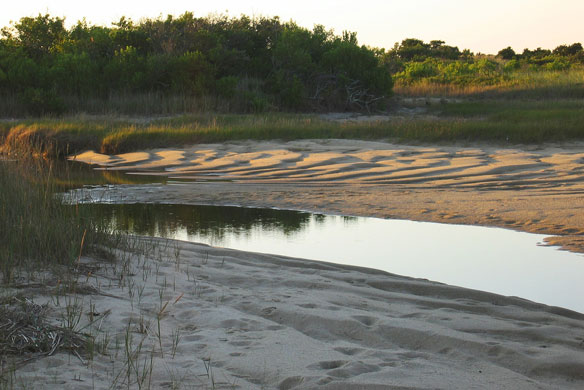
Waves from moderate storms, rather than violent events such as hurricanes, inflict the most loss on coastal wetlands. Globally, salt marshes are being lost to waves, changes in land use, higher sea levels, loss of sediment from upstream dams and other factors.
NOAA study finds ‘living shorelines’ can lessen climate change’s effects
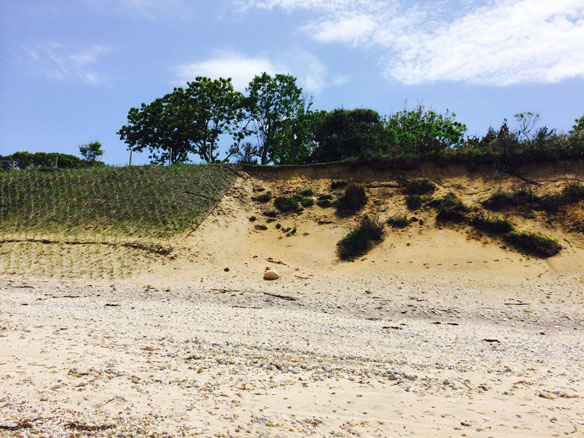
A recent NOAA study, shows “living shorelines” — protected and stabilized shorelines using natural materials such as plants, sand, and rock — can help to keep carbon out of the atmosphere, helping to blunt the effects of climate change.
Coastal Louisiana added to NOAA Sea Level Rise Viewer
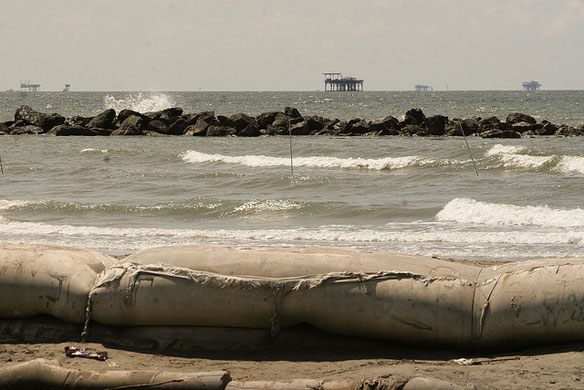
Scientists, regional managers, coastal planners, businesses and residents of Louisiana can now use NOAA’s popular Sea Level Rise and Coastal Flooding Impacts Viewer to assess their risks for coastal flooding under a variety of different scenarios.
Coastal erosion washes away beaches, threatens tourism in Senegal
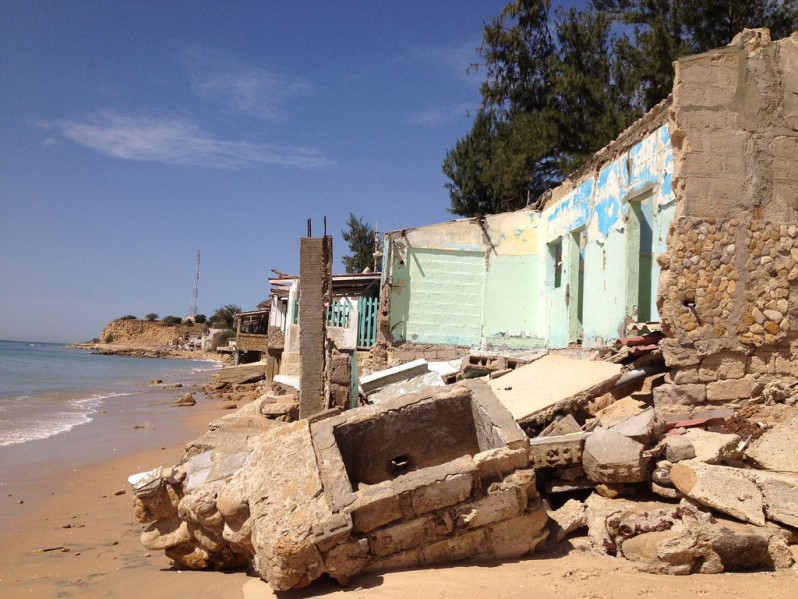
The problem for tourism in Senegal, is not high prices or mismanagement, but coastal erosion that is blighting the West African country’s coast. The Atlantic has washed away beaches, forcing hotels to make drastic choices.
Carlsbad asks for emergency repairs to Highway 101, California
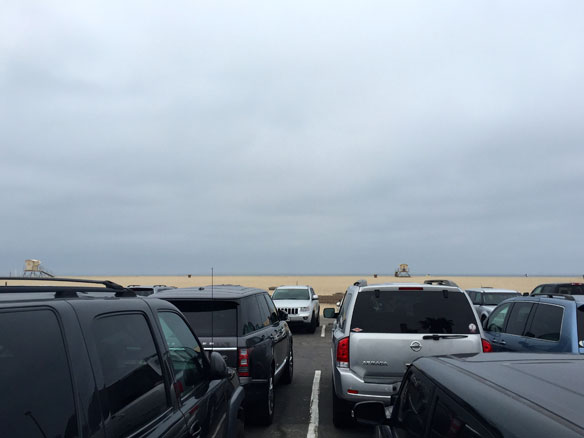
Astronomical high tides have washed away large sections of the beach and eroded chunks from the shoulder of Carlsbad Boulevard, also known has Highway 101.
Sand Berm May Not Be Enough to Protect Goleta Beach from Winter El Niño Storms
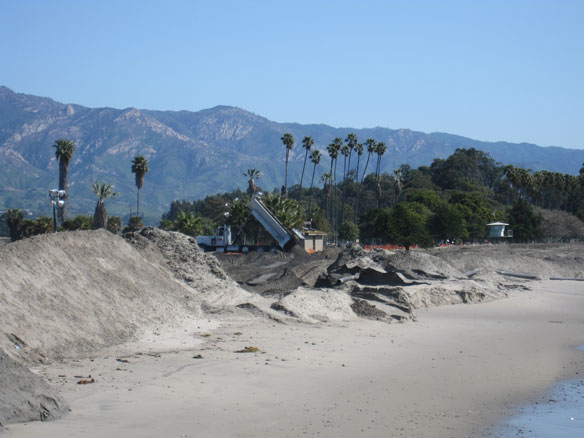
Santa Barbara County Parks Department staff walked the shoreline at Goleta Beach Park earlier this week to find that much of the work crews had done – a 2,400-foot sand berm – to protect the beach from coming El Niño storms had been washed away with high tides over the weekend.
USGS Projects Large Loss of Alaska Permafrost by 2100
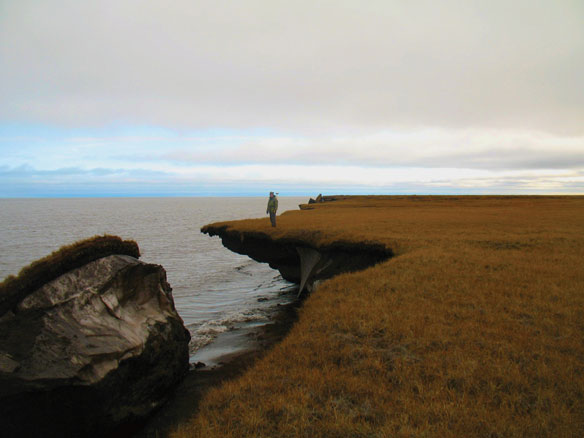
Northern latitude tundra and boreal forests are experiencing an accelerated warming trend that is greater than in other parts of the world. This warming trend degrades permafrost, defined as ground that stays below freezing for at least two consecutive years.
